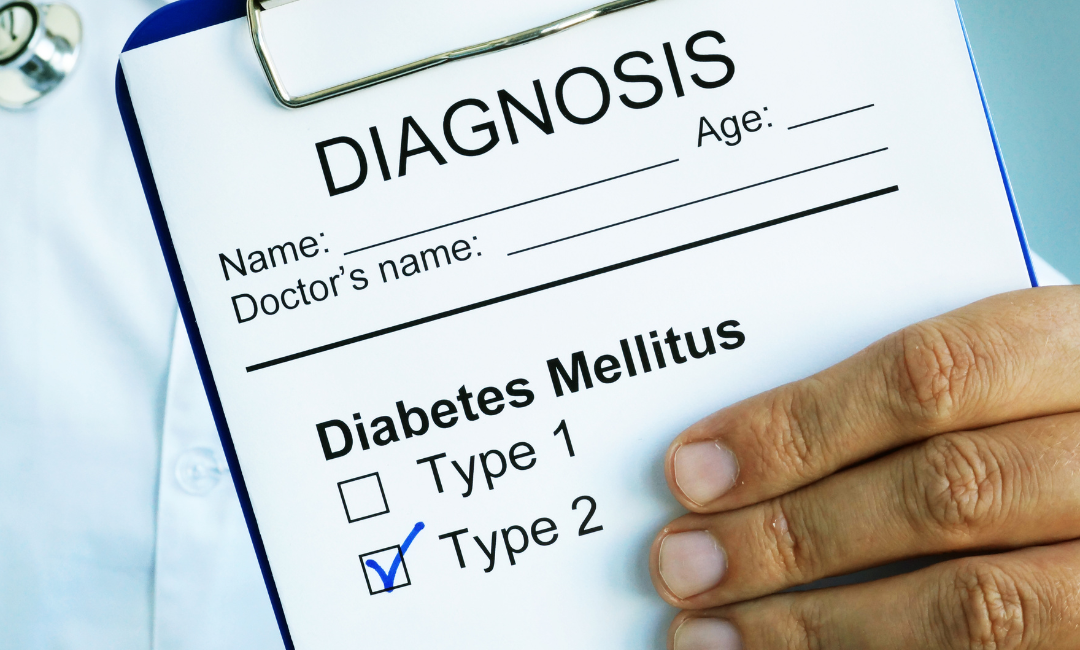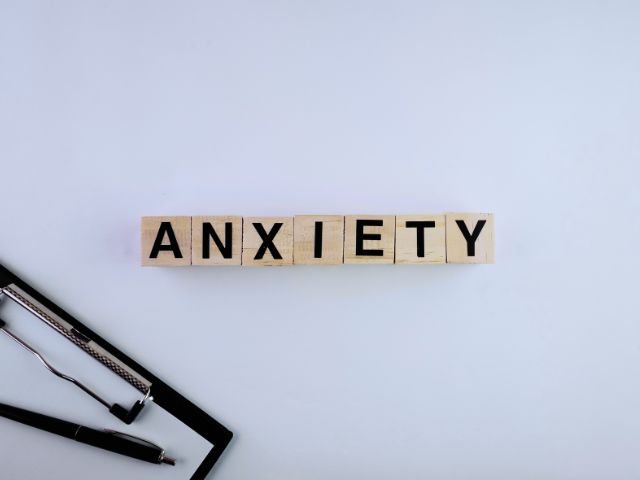Nursing Considerations of Alprazolam Usage
Before starting alprazolam therapy, assess the patient for the degree of anxiety, drowsiness, dizziness, light-headedness, and motor and autonomic responses, and initiate fall precautions. Check if the patient has agitation, trembling, cold, and clammy hands with diaphoresis.
In patients receiving long-term alprazolam therapy, hepatic and renal function tests should be monitored. Order their complete blood count test periodically. Assess the patient for paradoxical reactions, particularly during early treatment.
Moreover, evaluate for therapeutic responses such as calm facial expression, decreased restlessness, and insomnia. Also, the patient’s respiratory and cardiovascular status must be monitored.
Patient/Family Teaching With Alprazolam Usage
With alprazolam therapy, teach the patient and his family members about the following things:
- Benzodiazepines relieve anxiety symptoms for a short time. However, they do not cure it. Therefore, you must seek counseling therapy or psychotherapy that can help lower nervousness and anxiety and assist with sleep, preventing insomnia.
- With drug therapy, also use other methods to calm and relax your mind, such as physical exercise, stress-management techniques, and relaxation techniques.
- Identify triggers for anxiety, such as caffeine, cold medications, and appetite suppressant consumption. Avoiding their intake might help prevent stress, nervousness, and insomnia.
- Tell other healthcare providers that you take benzodiazepines so that they prescribe accordingly and no drug interaction occurs.
- Avoid doing hazardous activities that require alertness and psychomotor coordination until you know about the central nervous system effects of alprazolam.
- Smoking reduces drug effectiveness. Therefore, avoid smoking with alprazolam therapy.
- Avoid alcohol intake with benzodiazepines because they both can depress your central nervous system, leading to life-threatening consequences.
- Do not take other drugs, over-the-counter products, or herbal remedies without first consulting the prescriber or a pharmacist with alprazolam therapy.
- Take the drug as your physician has prescribed. Do not stop taking it abruptly, which could lead to life-threatening withdrawal symptoms. You can stop taking it with the approval of your prescriber.
- If you take the drug for a long time, dependence might occur.
- Take the drug at night or later in the day to prevent drowsiness in the daytime.
- If dizziness occurs, change positions slowly from recumbent to sitting position before standing.
- Alprazolam may cause dry mouth that can be relieved by sour hard candy, gum, and sips of water.
Administration/Handling of Alprazolam
Nurses play an essential role in the administration of drugs. Therefore, they should know how to administer the drug.
For oral administration of immediate-release preparations of alprazolam, give without regard to food. Crush the tablets and give them sublingually if oral intake is not possible.
For oral administration of extended-release preparations of alprazolam, administer once daily and do not break, crush, dissolve, or divide them. Instead, make the patient swallow whole.
For oral administration of orally disintegrating preparations of alprazolam, place the tablet on the tongue and allow it to dissolve. Ask the patient to swallow with saliva. Administration with water is not necessary. If using half the tablet, discard the remaining half.
Typical Dosage Of Alprazolam
The usual dose of alprazolam when immediately released or orally disintegrating tablets (ODT) are used is 0.25 to 0.5 mg orally administered three times a day, and its maximum dose is 4 mg/day.
The usual adult dose of alprazolam for panic disorder, when immediately released tablets or ODTs are given, is 0.5 mg orally administered three times a day, and its maximum dose given is 10 mg/day.
Extended-release tablets of alprazolam can be given initially as 0.5 to 1 mg orally once a day and maintained at 3 to 6 mg orally per day, preferably in the morning, and its maximum dose per day is 10 mg/day.
Side Effects of Alprazolam
Alprazolam is generally well tolerated. In some patients, it can cause lightheadedness, dizziness, and drowsiness. Ask the patient to report to the doctor soon if they experience any adverse drug reactions, such as:
- Weak or shallow breathing
- Hallucinations
- Seizures
- Increased energy and a decreased need for sleep
- Being agitated, talkative with racing thoughts
- Double vision
- Jaundice- yellowing of eyes and skin
Alprazolam overdose results in drowsiness, confusion, diminished reflexes, coma, and blood dyscrasias. To treat that, flumazenil is used as an antidote.









